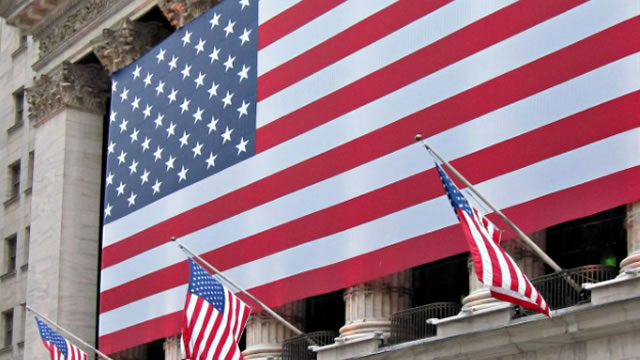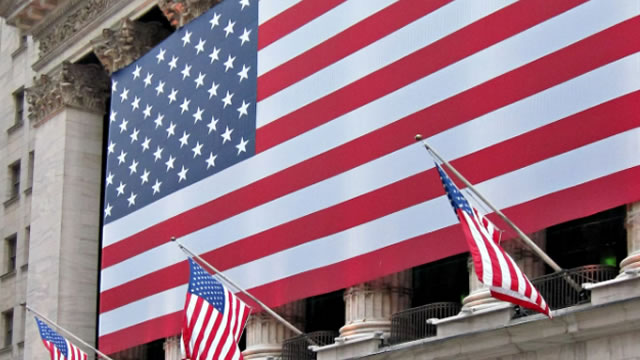The Trump Administration’s Latest Move on China Tariffs: A Game-Changer
In a surprising turn of events, Kevin O’Leary, a prominent businessman and Shark Tank investor, suggested that the Trump administration should consider raising tariffs on China to an unprecedented 400%. This bold proposal came just days after President Donald Trump announced an increase in tariffs on Chinese imports to 125%.
Background on the U.S.-China Trade War
The U.S.-China trade war has been a long-standing issue, with both countries imposing tariffs on each other’s goods since 2018. The initial round of tariffs saw the U.S. imposing 25% tariffs on $50 billion worth of Chinese imports, while China retaliated with equal measures. The situation escalated, with the U.S. increasing tariffs on an additional $200 billion worth of Chinese imports to 25% in 2019.
Kevin O’Leary’s Proposal: Raising Tariffs to 400%
During an interview on CNBC, O’Leary argued that the U.S. should not shy away from using tariffs as a tool to protect American industries and workers. He suggested that the administration should consider raising tariffs on all Chinese imports to 400%, stating that “the only way to get China’s attention is to hit them where it hurts.”
President Trump’s Recent Tariff Increase
Just a few days after O’Leary’s comments, President Trump announced that the U.S. would be raising tariffs on $200 billion worth of Chinese imports from 10% to 125%. This move came in response to China’s decision to reduce its purchases of U.S. agricultural products.
Impact on Consumers: Higher Prices
- The increased tariffs will likely result in higher prices for consumers, as companies pass on the additional costs to their customers.
- The impact will be felt most acutely in industries that rely heavily on imported goods from China, such as technology, clothing, and furniture.
Impact on the Global Economy: Uncertainty and Instability
- The ongoing trade war and the increasing tariffs have created a great deal of uncertainty in the global economy.
- Some experts predict that the escalating trade tensions could lead to a global recession, as businesses become hesitant to invest and trade.
Conclusion: A Risky Game of Economic Brinkmanship
The proposed increase in tariffs on China to 400% and the recent move to 125% represent a risky game of economic brinkmanship. While the tariffs may provide short-term relief for certain industries and workers, they come at the cost of higher prices for consumers and increased instability in the global economy. It remains to be seen how China will respond to these latest moves and what the long-term consequences will be.
As consumers and businesses navigate this uncertain economic landscape, it is essential to stay informed and adapt to the changing economic conditions. By staying informed and prepared, we can mitigate the risks and seize the opportunities that arise from this complex and evolving situation.





